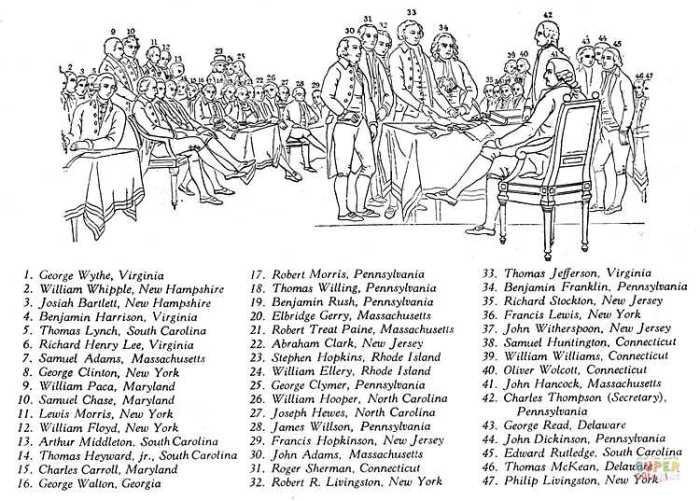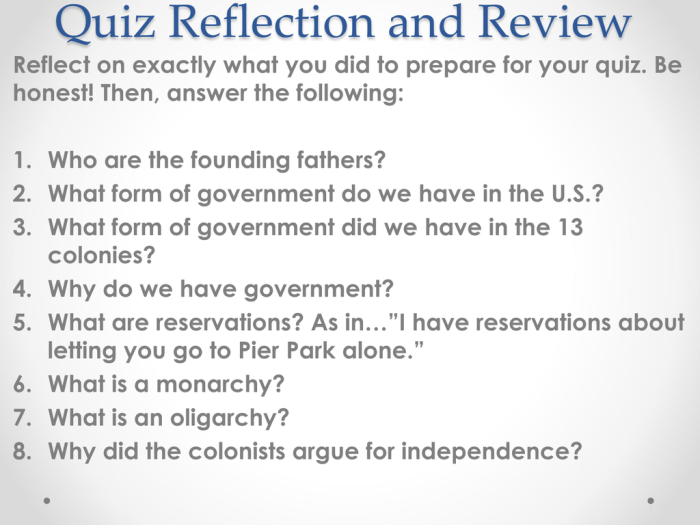Unveiling the Declaration of Independence Grievances Worksheet Answer Key, this exploration delves into the historical grievances that ignited the American Revolution. This guide unveils the significance of these grievances, their historical context, and their profound impact on the fight for independence.
The grievances against King George III and the British Parliament ignited a fire within the American colonists, leading them to declare their independence and forge a new nation. This worksheet answer key provides a comprehensive understanding of these grievances, their justifications, and their far-reaching consequences.
Declaration of Independence Grievances: Declaration Of Independence Grievances Worksheet Answer Key

The Declaration of Independence, adopted on July 4, 1776, Artikeld a series of grievances against the British King George III and Parliament. These grievances played a pivotal role in the American Revolution and ultimately led to the United States’ declaration of independence.
Grievances Against the King
- He refused to assent to laws that were wholesome and necessary for the public good.
- He forbade his governors from passing laws of immediate and pressing importance.
- He dissolved representative houses repeatedly, preventing the people from redressing their grievances.
- He obstructed the administration of justice by refusing to approve the establishment of courts.
- He kept standing armies in the colonies without the consent of the legislature.
- He quartered large bodies of armed troops among the colonists.
- He protected those responsible for murdering colonists from being punished.
- He cut off trade with all parts of the world.
- He imposed taxes on the colonists without their consent.
- He deprived the colonists of the benefits of trial by jury.
- He transported colonists across the seas to be tried for pretended offenses.
- He abolished the free system of English laws in a neighboring province.
- He established new governments in the colonies without the consent of the people.
- He suspended colonial legislatures.
- He declared himself invested with absolute power over the colonies.
Grievances Against Parliament, Declaration of independence grievances worksheet answer key
- Passed laws that quartered troops among the colonists.
- Imposed taxes on the colonists without their consent.
- Deprived the colonists of the benefits of trial by jury.
- Gave judges salaries that were dependent on the king’s will.
- Established a multitude of new offices and sent swarms of officers to harass the colonists.
- Suspended colonial legislatures.
- Declared themselves invested with absolute power over the colonies.
FAQ Overview
What is the significance of the grievances listed in the Declaration of Independence?
The grievances Artikeld in the Declaration of Independence served as a powerful indictment against British rule, highlighting the colonists’ perceived violations of their rights and liberties.
How did the grievances against King George III contribute to the American Revolution?
The colonists’ grievances against King George III, such as his refusal to address their concerns and his imposition of arbitrary taxes, fueled their growing resentment and ultimately led to their decision to declare independence.
In what ways did Parliament’s actions infringe upon the colonists’ liberties?
Parliament’s passage of laws such as the Stamp Act and the Townshend Acts, which imposed taxes and restricted colonial trade, violated the colonists’ belief in self-governance and their right to consent to taxation.

